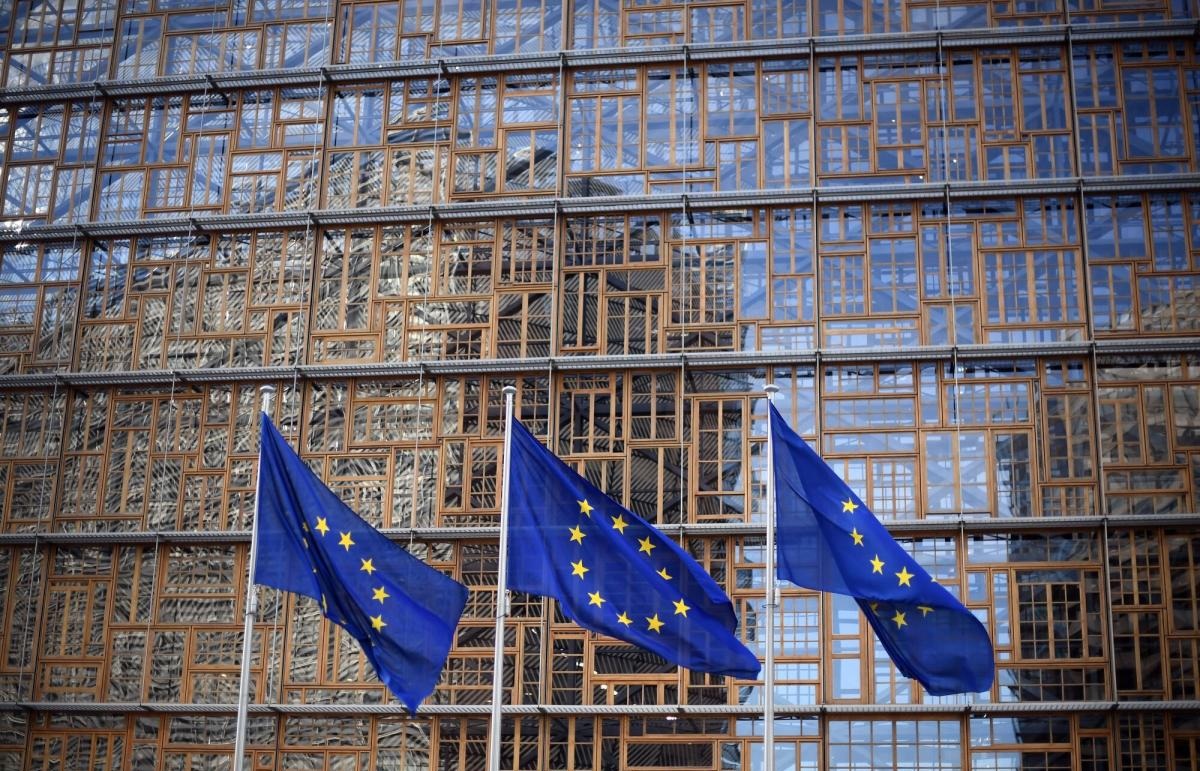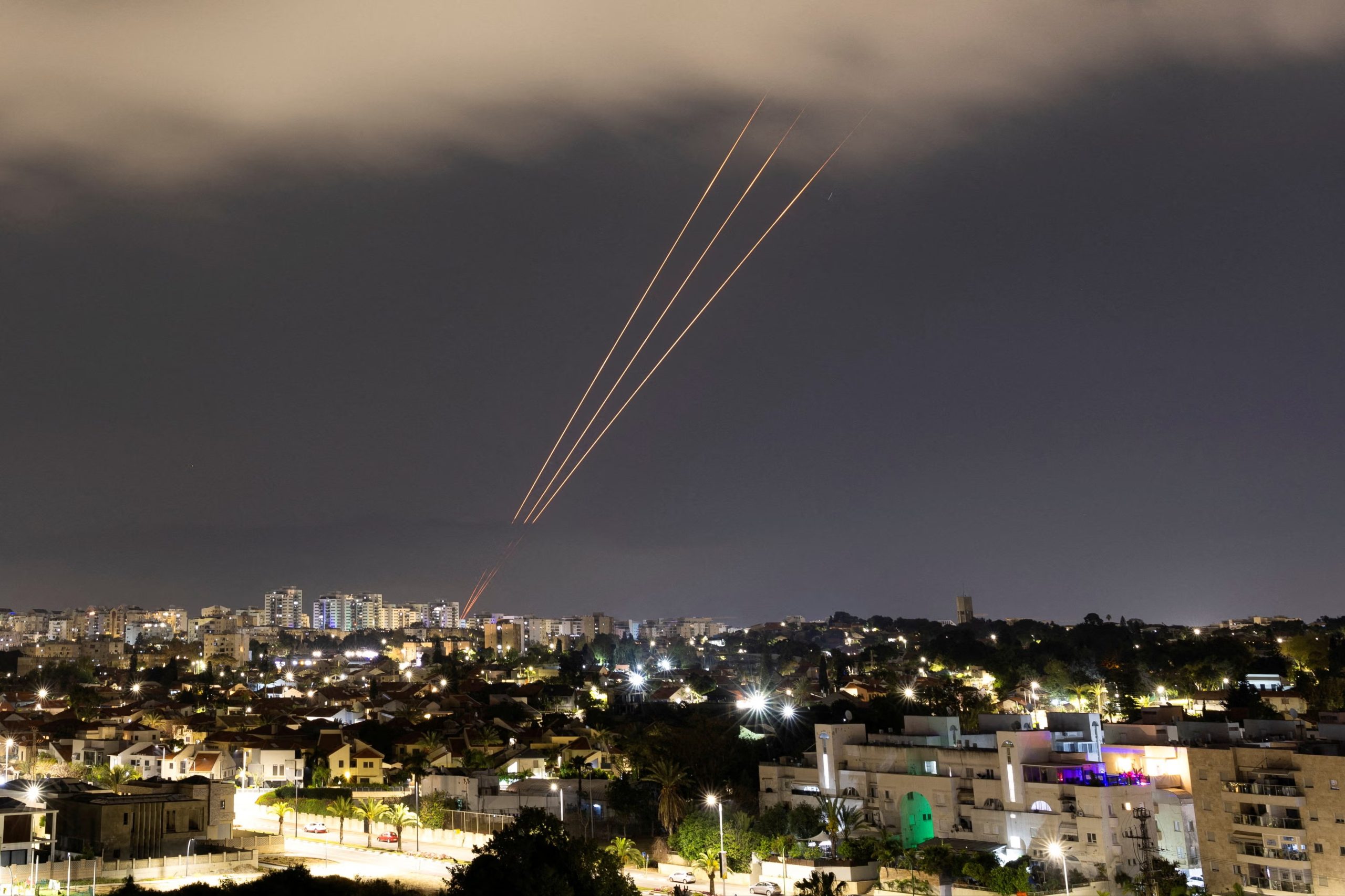European Centre for Counterterrorism and Intelligence Studies, Germany & Netherlands – ECCI
ISIS has officially announced the death of the organization’s leader and the appointment of a new leader
terrorism-info.org.il – On November 30, 2022, Al-Furqan Foundation, ISIS’s media arm, published an audiotape of Abu Umar al-Muhajir, the organization’s spokesman, in which he announces the death of Abu al-Hassan al-Hashimi al-Qurashi, the organization’s leader, and the appointment of Abu al-Hussein al-Husseini al-Qurashi as the new leader. The spokesman’s statement does not provide details clarifying the true identity of the two leaders and the circumstances of the former leader’s death. Regarding the new leader, it is noted that he is a veteran of the organization, and in the ITIC’s assessment, he may be of Iraqi origin.
The United States Army’s Central Command (CENTCOM) announced that Al-Qurashi had been killed in mid-October 2022 as part of a military operation led by the Free Syrian Army[1], and that despite his death ISIS remains a threat to the region. In the ITIC’s assessment, ISIS’s announcement of the leader’s death was issued in a few weeks’ delay due to the need to appoint a new leader, update the organization’s operatives around the world, and complete the process of pledging allegiance to the new leader by the various provinces.
Al-Qurashi’s killing was a blow to ISIS, which experienced a particularly hard year during which, due to the operations against it in the various provinces, it was forced to reduce the scope of its activity and many senior operatives were killed. Al-Qurashi is the fourth ISIS leader after his three predecessors were eliminated while in office. In the past, following the elimination of its leaders, ISIS demonstrated the ability to recover and even escalated its activities around the world as revenge for their deaths. In the ITIC’s assessment, this time too, the organization will strive to escalate its activities in a similar way, but it is possible that due to its weakness, the intensity of the escalation will be less than before. Either way, ISIS continues to be a threat around the world and on the African continent in particular.
On November 30, 2022, Al-Furqan Foundation, ISIS’s media arm, released an audiotape of Abu Umar al-Muhajir, the organization’s spokesman, entitled “So they kill and are killed.”[2] In the tape, which is approximately 9:45 minutes long, the spokesman officially announces the death of ISIS leader Abu al-Hassan al-Hashimi al-Qurashi, and the appointment of Abu al-Hussein al-Husseini al-Qurashi as the new leader (Telegram, November 30, 2022)
In the audiotape, ISIS’s spokesman states that the organization’s leader was killed while striking his enemies and causing them losses, apparently implying that he was killed in battle. However, the spokesman does not specify where, when and by whom the leader was killed. The United States Army Central Command (CENTCOM) issued a statement that Abu Al-Hassan al-Hashimi al-Qurashi had been killed in mid-October 2022 during an operation conducted by the Free Syrian Army in Syria’s Daraa province (southwestern Syria)[3]. Furthermore, according to the statement, ISIS still poses a threat to the region and CENTCOM and its partners are focused on the task of defeating the organization. According to Reuters, the leader and his aide detonated their explosive belts after they were surrounded by local fighters in the town of Jassim (about 40 km north of Daraa, about 40 km from the Syria-Israel-Jordan border triangle) while staying in a hideout (Reuters, November 30, 2022).
ISIS’s spokesman notes that the new leader is one of the organization’s veterans and that he is committed to freeing ISIS prisoners and fighting against “Allah’s enemies.” Initial reports indicate the possibility that the dead leader, codenamed Abu Abd al-Rahman al-Iraqi and Sayf Baghdad (“the Sword of Baghdad”), originated from the city of Rawa, in the Al-Anbar province of western Iraq. His photo was published on social media (@binaasorya Twitter account, November 30, 2022)
The organization’s spokesman also says that the new leader was unanimously elected by ISIS’s leadership (Majlis al-Shura), after consultation, and that the leadership members pledged allegiance to him. He calls on the organization’s operatives and supporters to pledge allegiance as well. It seems that the several weeks’ delay in the publication of the leader’s death was due to the need to conduct the election process of the new leader in secret, to inform the organization’s operatives around the world of the newly elected leader, and receive from them the pledge of allegiance. It should be noted that in the last few days, calls were posted on social media by ISIS supporters to renew the pledge of allegiance to the leader and this may have accelerated the publication of the announcement by the organization’s leadership.
spokesman further notes that the ISIS has not weaken following the death of its leader, but rather it only strengthened the organization and its operatives continue to wage jihad and act towards Islam’s domination of the world. At the end of his speech, the spokesman turns to the “infidels,” noting that they will be severely beaten by the organization’s commanders. He quotes the words of Abu Mus’ab al-Zarqawi, ISIS’s spiritual father who founded Al-Qaeda’s branch in Iraq, from which ISIS emerged, that whoever does not accept the words (addressed to him by ISIS) will hear the sounds of swords.
The death of the leader is a blow to ISIS. It occurred in the organization’s most difficult year since its establishment, in which there was a significant decrease in ISIS’s activity around the world, especially in Syria and Iraq, mainly due to the military activity against it. The organization’s leadership has also been hit in the past year: in July 2022, a senior ISIS leader by the name of Maher al-Agal was killed by the United States; In September 2022, it was reported that another senior leader, Bashar al-Sumaidai, was arrested by the Turkish security forces.
The fact that the organization’s leader settled in southern Syria can testify to the organization’s difficulties operating in other areas, especially in Iraq, in the Idlib area, and along the border with Turkey. In the area where he stayed, Syria does not have full control and the continuation of ISIS activity there could be problematic for Israel and Jordan.
The elected leader is the fourth since the establishment of ISIS, after his three predecessors were eliminated during their tenure. The first leader, Abu Bakr al-Baghdadi (whose real name is Ibrahim Awwad Ibrahim Ali al-Badri al-Samarra’i), was killed by US forces in October 2019. His successor, Abu Ibrahim al-Hashimi (whose real name is Amir Muhammad Sa’id Abd al-Rahman al-Mawla al-Salbi, also known as Haji Abdullah or Abdullah al-Qardash), was also eliminated by the US military, in February 2022.
In this context, it should be noted that the term of office of ISIS leaders is getting shorter and shorter, a fact that greatly damages the organization’s image and power. The first leader, Abu Bakr al-Baghdadi, entered office on April 7, 2013 and held office for six and a half years, until October 27, 2019. The second leader, Abu Ibrahim al-Hashimi al-Qurashi, held office for two years and three months, between October 31, 2019 and February 3, 2022. The third leader, Abu al-Hassan al-Hashimi al-Qurashi (whose real name is unknown), served for only seven months, between March 10, 2022 and mid-October 2022. This process can testify to the perseverance of the Western forces and their allies in the ongoing war against ISIS and to the relative weakness of the organization in the last years.
In the past, ISIS has demonstrated the ability to recover after the elimination of its leaders and launched a revenge campaign that was also designed to prove that it was still active and had high operational capabilities. During each of the campaigns, there was a significant increase in the scope of the organization’s activities worldwide. In the ITIC’s assessment, this time too, ISIS will strive to escalate its activities in a similar way. However, it is possible that due to its weakness, the intensity of the escalation will be less than before.




